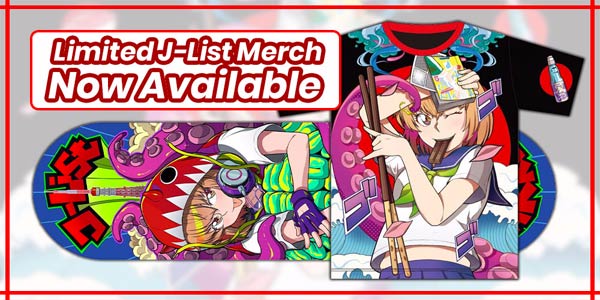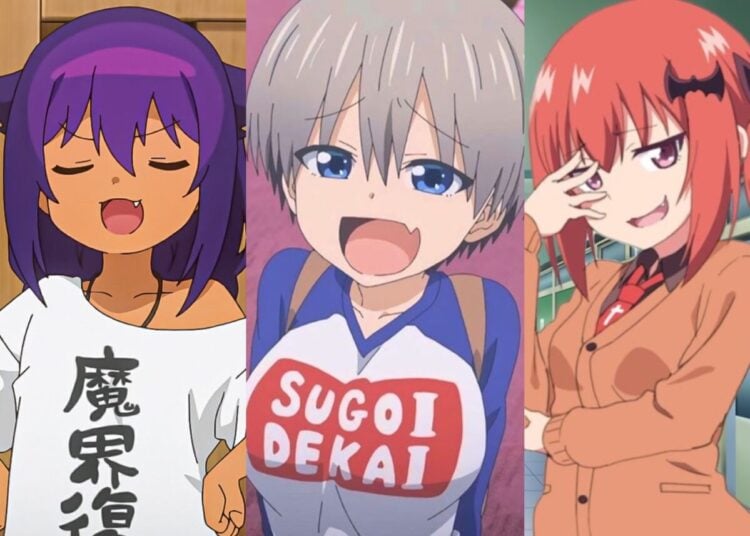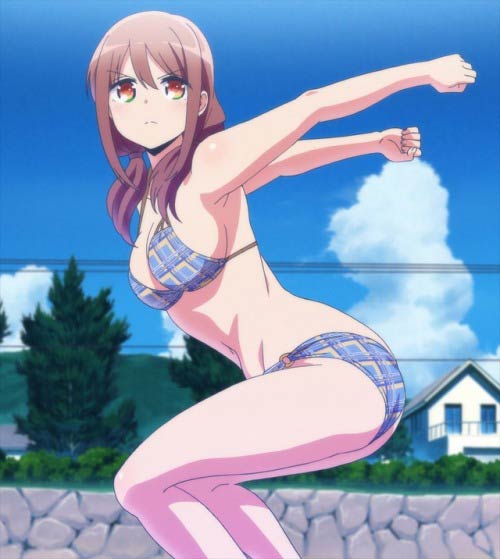I was casting around for a topic to write about today, but not coming up with anything good. So I decided to do another “ask J-List anything” post about Japan, to answer random questions from our Twitter and Facebook followers. So ask J-List anything you like…
How do the Japanese feel about American food?
One of the big changes after WWII was the Westernization of the Japanese diet, with meat, wheat and highly processed foods becoming popular. I’ve heard statements like “Japanese intestines are much shorter than Westerners, so we shouldn’t eat these Western foods.” But they still love them.
The top Western foods include curry rice (which the Japanese got from Britain, hence it’s “Western” appeal), fried pork cutlet and korokke (croquettes), gratin and doria (hamburg doria is my favorite food of all), and “hamburg” (which means a Salsbury hamburger made from ground beef).
What fermented foods do the Japanese eat?
I have a theory that at the heart of every culture lies pickles that only people from that culture can embrace fully. To the Koreans it’s kimchee, to the Australians it’s Vegemite and beetroot, and for Swedes it’s Surströmming. Japan has a strong culture of tsukemono, literally any food that’s pickled, which includes umeboshi (dried pickled plums), pickled ginger, and pungent takuwan (pickled daikon radish, aka Mugi’s eyebrows). Not surprisingly, it usually takes years for foreigners to learn to appreciate these foods.
Is it weird to wear cosplay in public?
It would be a little odd, but if it were near Comiket or some other major event people would just assume you’re on your way there. You do see fabulously dolled up Gothic Lolitas riding the trains in Tokyo.
How’s the water taste? Are there any places where the water is especially renowned?
Compared to the (awful) water in downtown San Diego, drinking water in Japan is pretty good. A lot of water brands market themselves as being “bottled at the foot of Mt. Fuji.”
Is it easy to move to Japan?
Yes and no. If you have a 4-year college degree, you have all that’s required to get a working visa in Japan. The economy is good, and there is demand for certain jobs done by foreigners, though I try my best to steer people away from language teaching as much as possible. The best way to work in Japan is if you have technical skills, which are always in demand here. Here’s a post that might be helpful to you.
How easy is it to travel around Japan using public transport without knowledge of Japanese?
Nothing could be easier in the age of Google Maps.
What’s the best brand of sake to buy?
According to the J-List staff, the best brands of nishonshu (the proper name of sake) are Koshino Kanpai or Shira-Yuki. Shochikubai is the “Budweiser” of Japan, and should be avoided if possible.
Is there racism and discrimination in Japan?
No country is perfect, and of course Japan is the same. I’d say the Japanese put themselves in the shoes of foreigners visiting their country and try to treat others as they’d like to be treated. About the most “racist” thing a Japanese person will do is ignore a group’s existence. For example, Japanese know all about big, huggable gaijin from Europe or America, stomping loudly around their temples and taking pictures. But they wouldn’t perceive the hardworking Sri Lankans assembling TVs at the Sanyo factory because they don’t have a mental template to plug them in to.
What is drug culture in Japan like?
One way of understanding Japan society is that it’s generally 10-20 years behind America and Europe socially. Japan is still very conservative about any illegal drugs, including marijuana, and every few months some bust is made.
What do most Japanese anime fans think of fans internationally?
The average person knows about international otakus and sees them on TV regularly, and are happy the world has embraced their culture so heartily. A TV show called Why Are You In Japan?! frequently follows these flamboyant fans around Japan, seeing what they’re up to.
Is hentai aired on TV?
True hentai, no, but depending on the TV network, nudity might either be shown with steam/shadow censorship or (if the TV station is quite bold), just shown uncensored, as long as it’s a 深夜 (late night) anime program.
Is hikkikomori culture really like it’s portrayed in anime?
Hikkikomori, meaning social shut-ins and NEETs, are certanly a thing in Japan, though of course anime often stylizes and romanticizes it a bit. It’s definitely a problem, and in Japan’s high-pressure society it can become surprisingly easy to just stop leaving your room. The problem is exacerbated by the fact that many young people are only children and are thus able to live at home rent-free without consequences forever.
Got any more random questions about Japan? Ask us on Twitter!
J-List has greaet news: we’ve got limited stock of the full color T-shirts and skateboards that were such a hit at Anime Expo this year. The shirts are fully printed in gorgeous color that won’t run in the wash, and all sizes are full U.S. sizes. The skateboard is amazing, a high quality wooden deck with a limited J-List x Fakku illustration by Controllingtime.

















